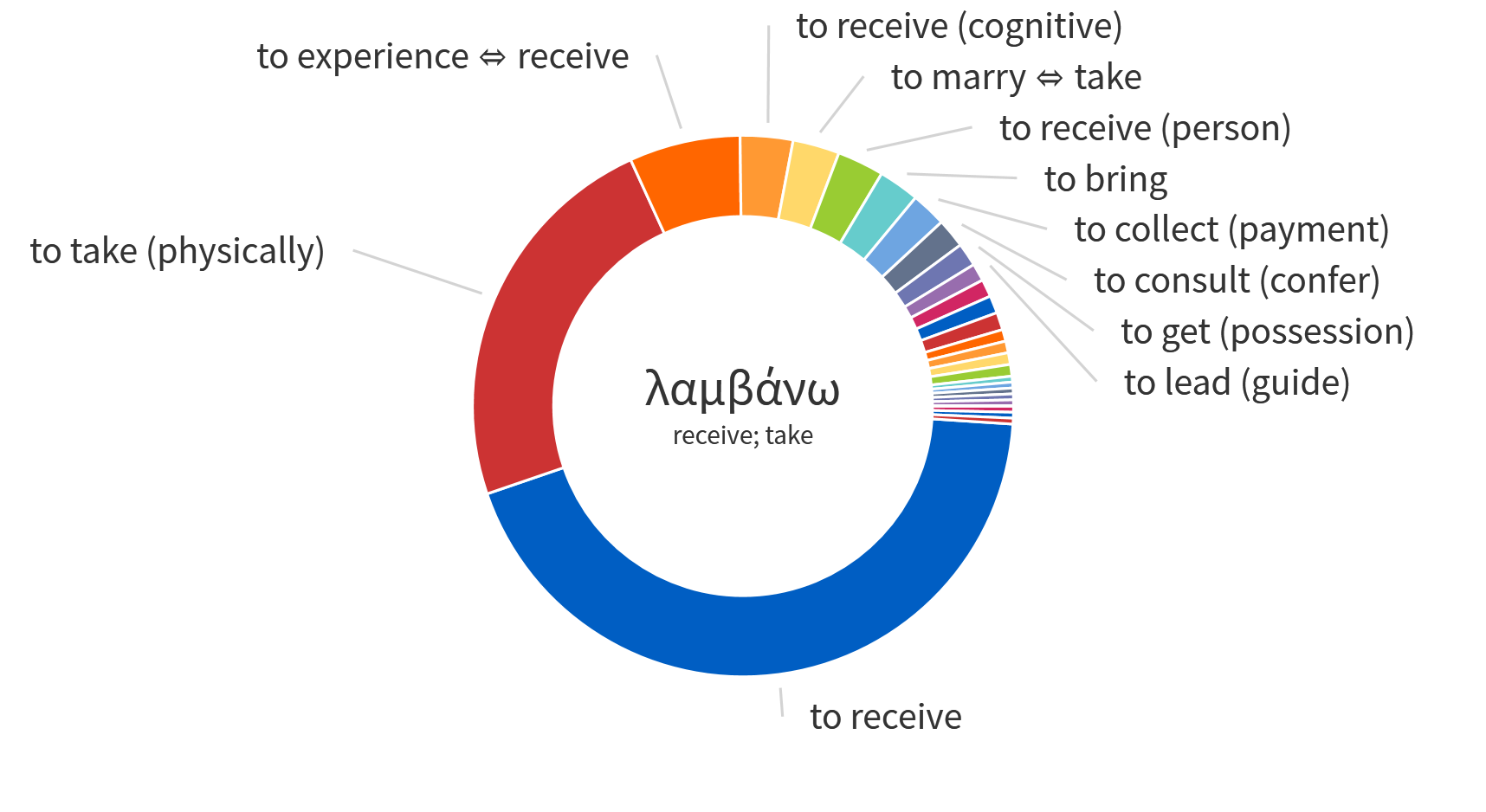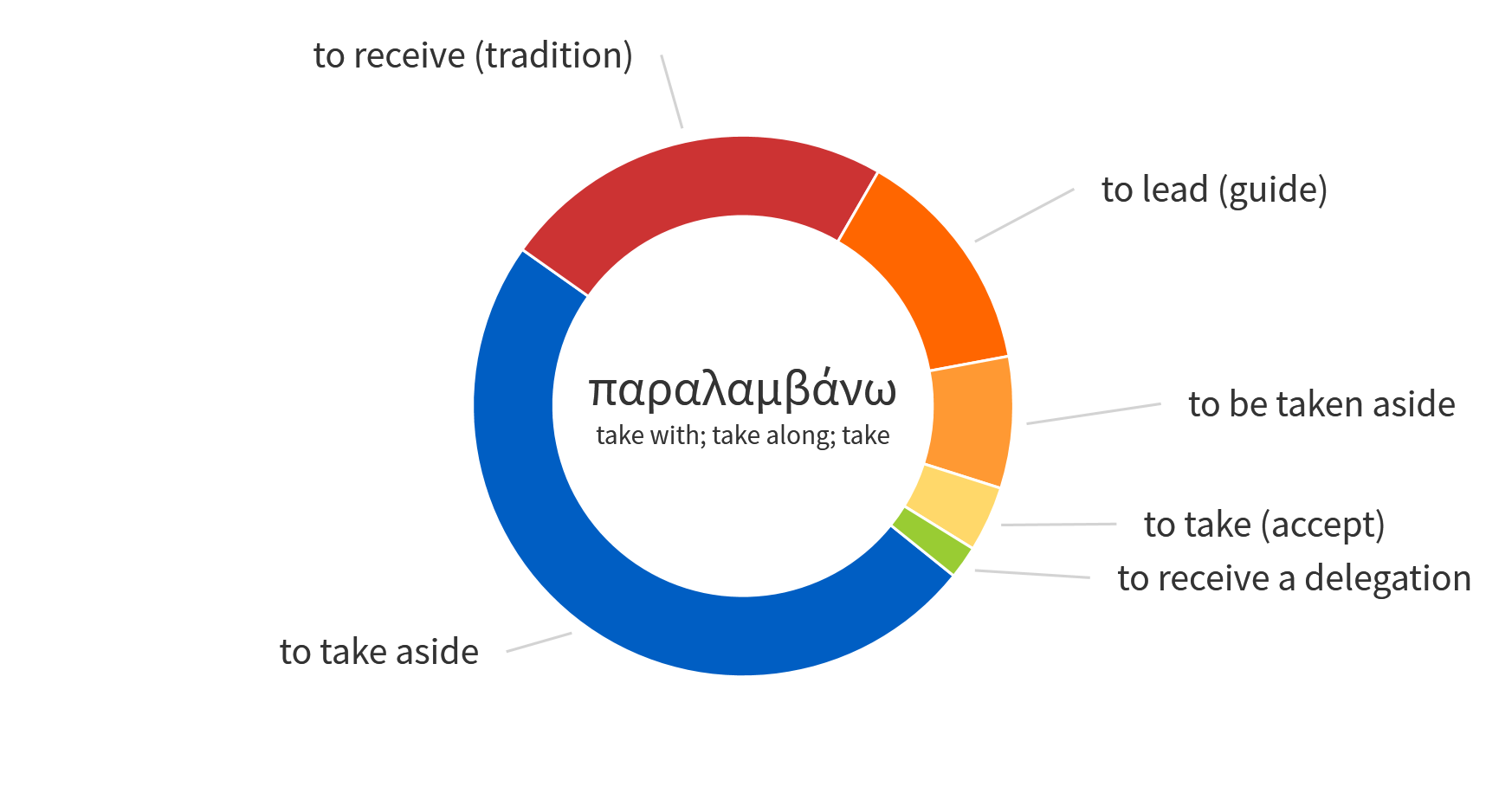What does "receive" mean in John 1:12?
"But to all who did receive him, who believed in his name, he gave the
right to become children of God, who were born, not of blood nor of
the will of the flesh nor of the will of man, but of God." John
1:12-13 ESV
A. "Received"
John 1:11-12 NASB
11 He came to His [a]own, and His own people did not [b]accept Him. 12
But [c]as many as received Him, to them He gave the right to become
children of God, to those who [d]believe in His name,
Jesus' ministry lasted for three and half years, He preached exclusively to his own people, those that received him were his own people- Israelites and proselyte Jews, (Vs11) Those that responded and exercised faith were blessed to become children of God. (Vs12)
B. "Received."
Paul was a zealous Pharisee, their beliefs included human philosophy, traditions, and prejudices and due to this, he persecuted Christians, whilst at the same time believing that he was serving God.(Phil 3:5-6) Paul approved of the murder of Stephen. (Acts 6:13, 7:58)
Philippians 3:5-6 NASB
5 circumcised the eighth day, of the nation of Israel, of the tribe of
Benjamin, a Hebrew of Hebrews; as to the Law, a Pharisee; 6 as to
zeal, a persecutor of the church; as to the righteousness which is in
the Law, found blameless.
After Jesus revealed himself to him (Acts 9, 22, and 26 chapters) and Paul received the accurate knowledge of the truth and God's purpose, He was faced with a decision. Should He persevere to remain and enjoy a position of esteem as a Pharisee, or do whatever is necessary to gain God's approval? Paul made the right choice, He wrote:
Romans 1:16 NASB
16 For I am not ashamed of the gospel, for it is the power of God for
salvation to everyone who believes, to the Jew first and also to the
Greek.
True faith is based on accurate knowledge of the Bible truths, if we also like Paul believe in human philosophies, beliefs, and traditions, we may not be serving God. After contrasting false beliefs with the true, Moses declared:
Deuteronomy 7:9 ASV
9 Know therefore that Jehovah thy God, he is God, the faithful God,
who keepeth covenant and lovingkindness with them that love him and
keep his commandments to a thousand generations,
Without faith, it is impossible to please God (Hebrews 11:6) so the continuation of that spiritual life, is necessary for those "who believed". Believing not just once but as an ongoing process; believing and receiving over and over again. Faith may be increase by the daily and diligent reading of the Bible and prayer. The Bible has many faithful servants of God that exercised faith, Abraham and his sacrifice of his son Isaak, Noah had great faith for it took him about 40 years to build the ark, and as a preacher of the truth faced much ridicule, also Rahab the prostitute of Jericho that hid the Israelite spies at a risk to her life. Our faith is strengthened when we read about them in the scriptures and tell them to others.

